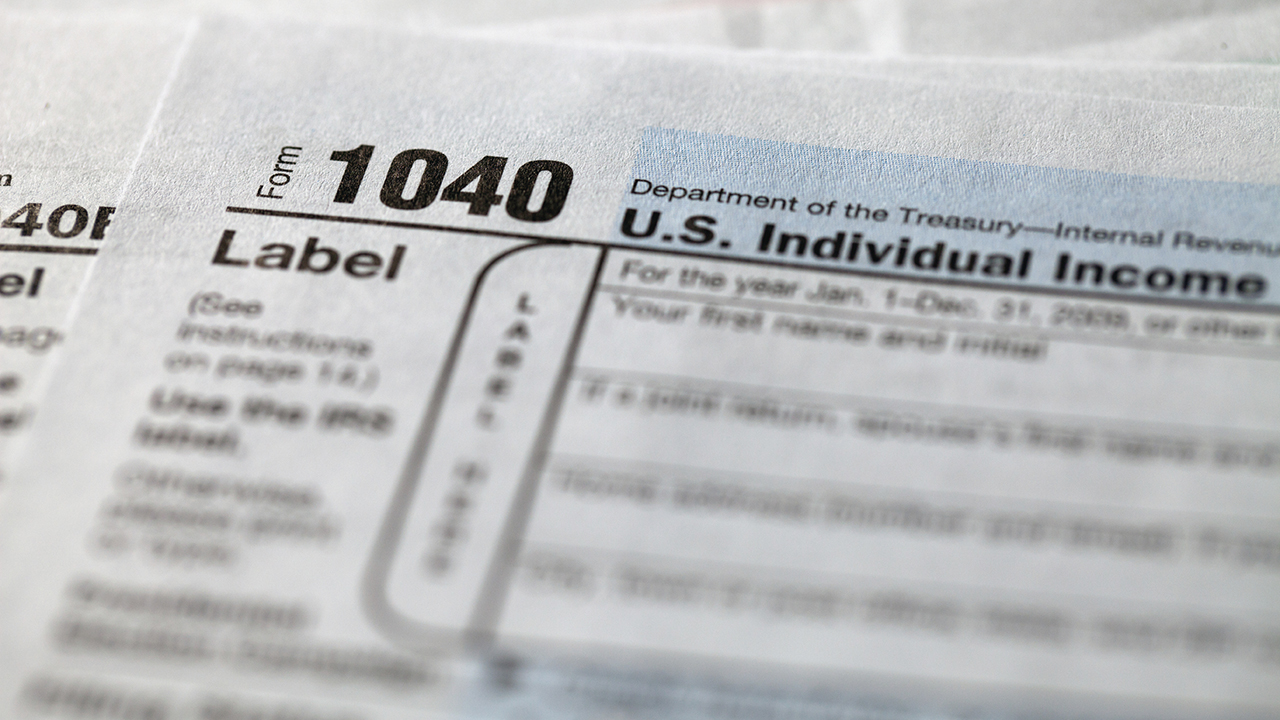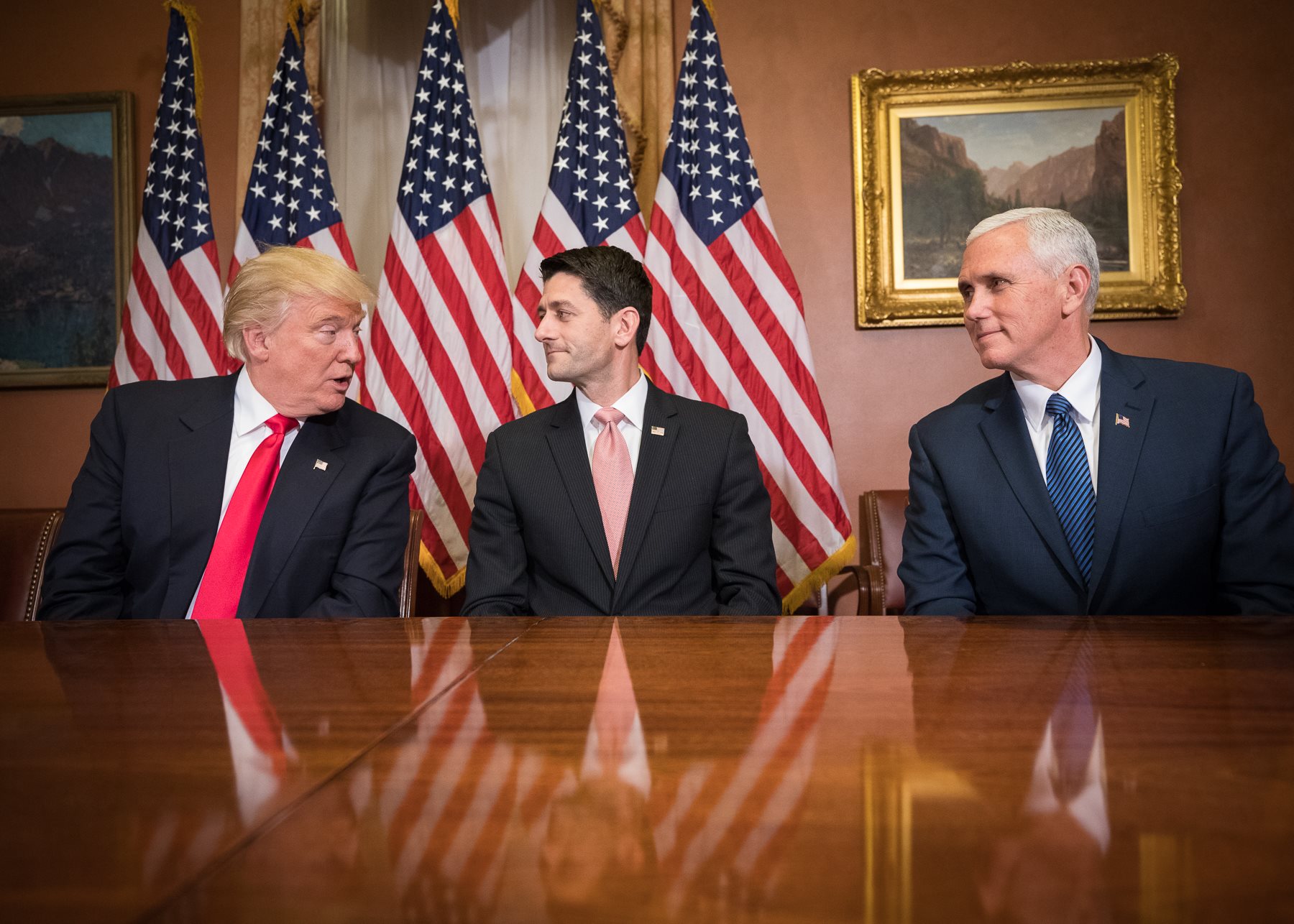Peak Patriarchy: The Federal Government Plans to Give More Money to Boeing Than the Entire Child Care Industry


“Unfortunately, because of this lost revenue, we will be forced to lay off our teachers and staff after the end of our current pay period (March 28th). This is not a decision we make lightly…”
This line, taken from a letter parents enrolled in a DC-based child care center received, is indicative of the reality for many child care providers. Over the last two weeks, we have heard from a range of child care providers—home-based, center-based, big and small—that this pandemic puts them at the edge of insolvency and permanent closure. At the same time, with child care and school closures, we’re hearing from parents about their challenges right now and their anxieties for the future. They are at home, many without work, and unable to pay tuition or co-payments to hold their spots in child care programs.
While many providers appeal to state leaders for support, especially those where governors have issued orders for providers to remain open and serve front line workers, we don’t see the federal government providing the leadership needed in this moment. The current $2 trillion rescue package includes billions of dollars in bailouts for large corporations. Where is the help for thousands of child care programs at risk of permanently shutting their doors and, by extension, the families they serve?
Let’s be clear. We live in a country where Boeing—a company that just got billions in corporate tax cuts—asked for a $60 billion bailout and Congress didn’t even blink. Yet we need less than that—$50 billlion—to sustain the entire child care sector that forms the backbone of our economy. And the package under consideration in Congress includes just $3.5 billion dedicated to child care through the Child Care and Development Block Grant and additional loans and grants for small businesses.
That amount will help some providers, but the funding provided is not enough to meet the scope of the crisis we are facing. According to a survey conducted by NAEYC, 30 percent of child care providers who are closed will have to permanently shut their doors in 2 weeks without substantial aid.
Child care programs that remain open are being called on to serve children of frontline workers and other essential personnel with little or no additional support. Programs have shared their struggles to secure more protective gear, cleaning supplies, diapers, and food necessary to take care of little ones in the times of pandemic. They also don’t have the means to compensate their staff who are risking their health and the health of their families. Families are asked to continue to pay unaffordable sums out of pocket to maintain their care (or risk their provider going out of business), placing a financial strain on them in this already stressful and uncertain time.
Our response right now misses the mark and perpetuates ongoing shortcomings of our system. Caregiving has been devalued for a long time and workers—93 percent of whom are women and disproportionately women of color and immigrant women—often make poverty wages. The challenges of parents navigating a broken child care system has been relegated to the realm of “individual responsibility,” with many shouldering rising costs that constrain already–tight family budgets.
This system has never been realistic. Child care isn’t a luxury when costs of living continue to rise and parents must seek work outside of the home. It’s a necessity that keeps our economy going and communities strong. And during a pandemic, if this work continues to be devalued and our lawmakers don’t act urgently, all of us will have to face the consequences.





